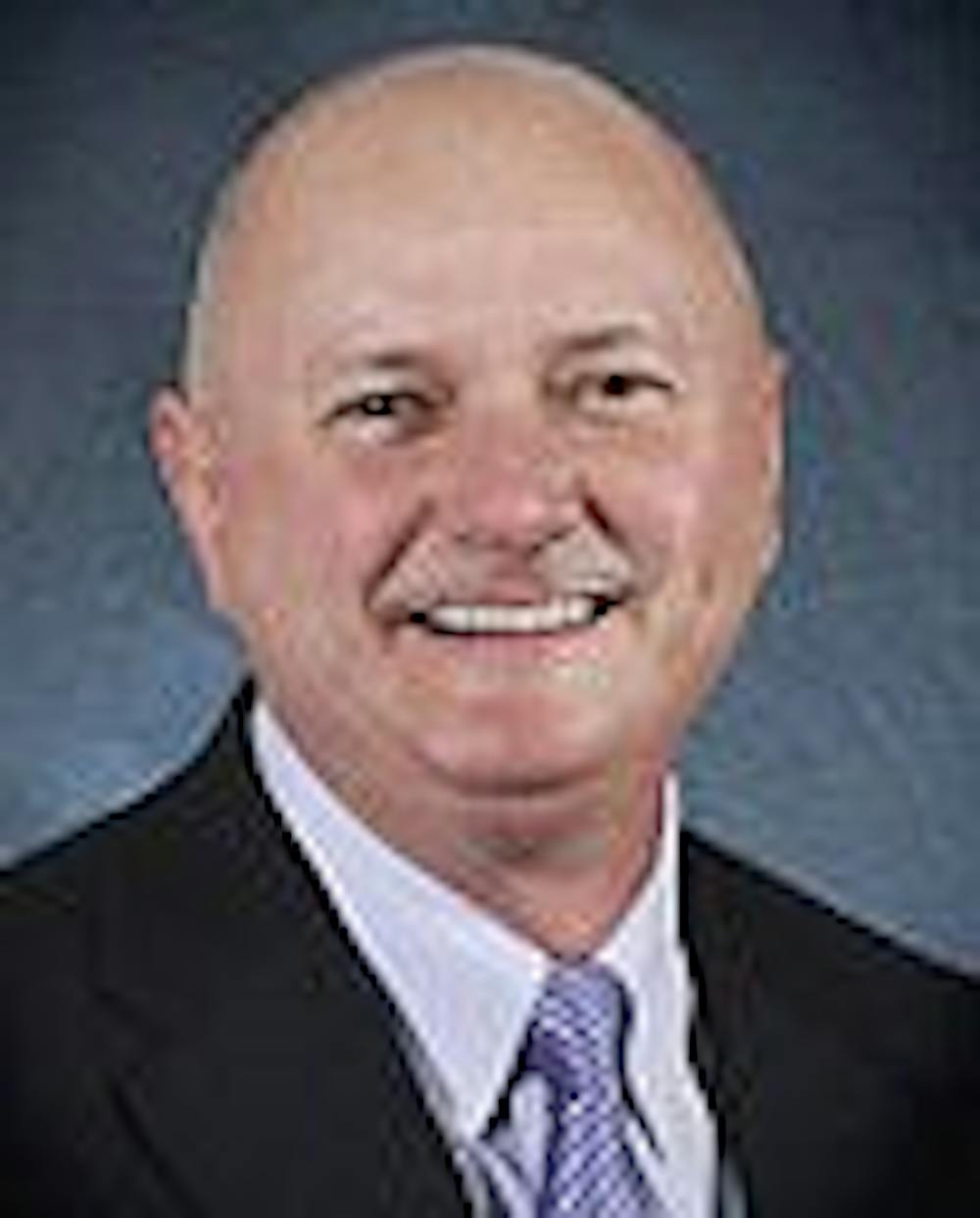On Halloween, the traditions of trick-or-treating, dressing up in costume and telling ghost stories are rampant — but people might not know the roots of the holiday.
The Daily Tar Heel spoke with Randall Styers, a religious studies professor at UNC, about paganism and the origin of the spooky holiday.
DAILY TAR HEEL: Can you tell me about the origin of Halloween?
RANDALL STYERS: Halloween has a couple of different origins or different elements that contribute to the origin of the holiday.
On the one hand, I understand that there are some Celtic, pre-Christian or pagan roots to the holiday.
Some practices related to … the dead or spirits in various Celtic festivals, and at the same time then, Halloween happens in our calendar on the day before All Saints’ Day, which is a Christian holiday that recognizes Catholic saints who don’t have other special saint set day celebrations in the liturgical calendar.
And so various of those Celtic practices got incorporated into Christian practices of doing homage for the dead in connection with All Saints’ Day, and so I think that that’s where the origins of the holiday came from.
What I understand is that it looks like it was actually Irish and Scottish immigrants that brought the holiday to America in the form that we have it now — or not the form we have it now but in earlier forms — and it was through those Irish and Scottish influences that it came into America in the way that it does.
And of course it’s become a much, much bigger holiday in America, partly because of commercialism and partly for other factors, but it’s far more popular in America than it has been in other countries historically, although it might be spreading a bit in some ways.
DTH: How does (Halloween) connect back to paganism?



